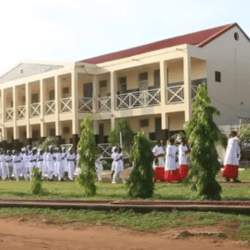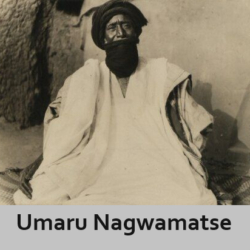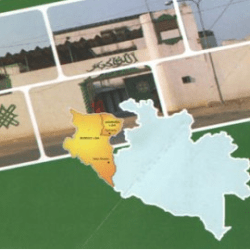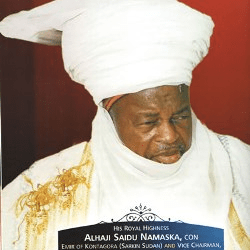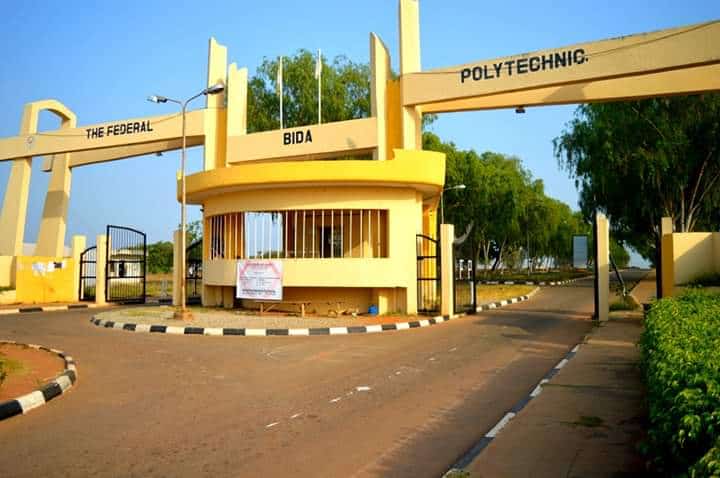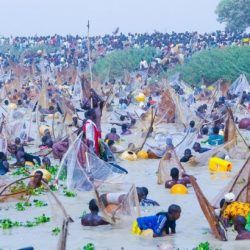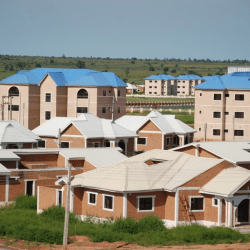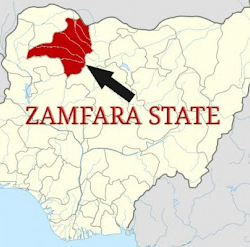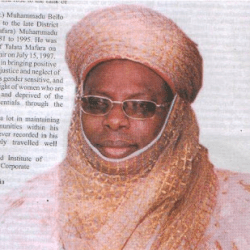Umaru Nagwamatse was a significant figure in the history of Northern Nigeria and the founder of the Kontagora Emirate. Born in 1806, he was the 10th son of Abu Bakr Atiku, the second Sultan of Sokoto, and the grandson of the renowned Islamic reformer Usman dan Fodio, the founder of the Sokoto Caliphate.
Early Life and Nickname
- Nagwamatse was raised in a prominent family deeply involved in the leadership and expansion of the Sokoto Caliphate.
- He earned the nickname Umaru na Gwamatse (“Umaru of Gwamatse”) from his early role as administrator of the Gwamatse ribat (garrison town) in the Rima Valley.
Roles in Sokoto and Zamfara
- His leadership at Gwamatse and later at Katuru, both strategic ribats, earned him a reputation as a competent and ambitious leader.
- These appointments brought him into conflict with his elder brother, Sarkin Zamfara Ahmadu Zaruku, who viewed him as a potential rival to the Sokoto throne. This rivalry led to his recall and eventual marginalization within Sokoto’s inner circles.
- Despite setbacks, he maintained a strong following and reputation, which eventually positioned him to seek opportunities elsewhere.
Military Campaigns and Early Ventures
- After leaving Sokoto, Nagwamatse joined the mercenary leader Makama Dogo and participated in campaigns in the Lower Benue Valley, notably the conquest of Toto.
- By 1857, he moved to the Bida Emirate, where his leadership skills and military prowess earned him trust from the Emir Usuman Zaki and his successor Masaba.
Founding of Kontagora Emirate
- In 1859, Emir Masaba encouraged Nagwamatse to establish his own emirate in the ungoverned, forested region between Yauri, Sokoto, Zaria, and Nupeland. This territory was known for its difficult terrain and resistance to external control.
- With an army of mercenaries and former soldiers from Bida, Nagwamatse embarked on a series of conquests:
- He subdued the Gbagyi people in the east despite their alliance with the Hausa Emirate of Abuja.
- He expanded westward into Yauri, taking advantage of internal dynastic strife to annex eastern Yauri up to the Molendo River.
- His military success earned him the title Sarkin Sudan (“King of the Blacks”) from Caliph Ahmadu Zaruku.
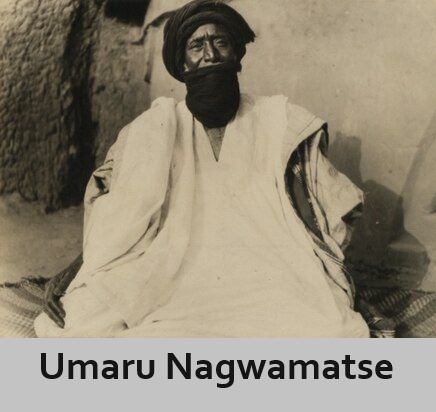
Consolidation of Power
- In 1864, he established the city of Kontagora as the capital of his emirate.
- Nagwamatse continued his conquests, subduing the Kamuku, Kamberi, Dakarki, Dukawa, and other tribes.
- His campaigns also targeted both Muslims and non-Muslims for slave raids, which became a cornerstone of the emirate’s economy and military power.
Relations with Sokoto and Gwandu
- Although nominally a vassal of the Sokoto Caliphate, Kontagora under Nagwamatse and his successors operated with significant autonomy.
- His activities occasionally drew condemnation from Sokoto and Gwandu authorities, but his lineage and military strength made it difficult for them to exert direct control.
Death and Legacy
- Umaru Nagwamatse passed away in 1876 in Kontagora. He left behind a formidable emirate that continued to play a significant role in the region throughout the 19th century.
- Kontagora became known for its independence and military prowess, often acting as a “robber baron” state, conducting relentless raids on neighboring territories.
Cultural and Historical Significance
- Rijiyar Nagwamatse (Nagwamatse’s Well):
- Located in Tadali village near Kontagora, the well is a historical and spiritual site believed to have been miraculously created by Nagwamatse during an expedition.
- It has served as a water source for over 150 years and remains a tourist attraction.
- Fort Nagwamatse:
- An army barracks in Kontagora named in his honor, highlighting his lasting impact on the region.
